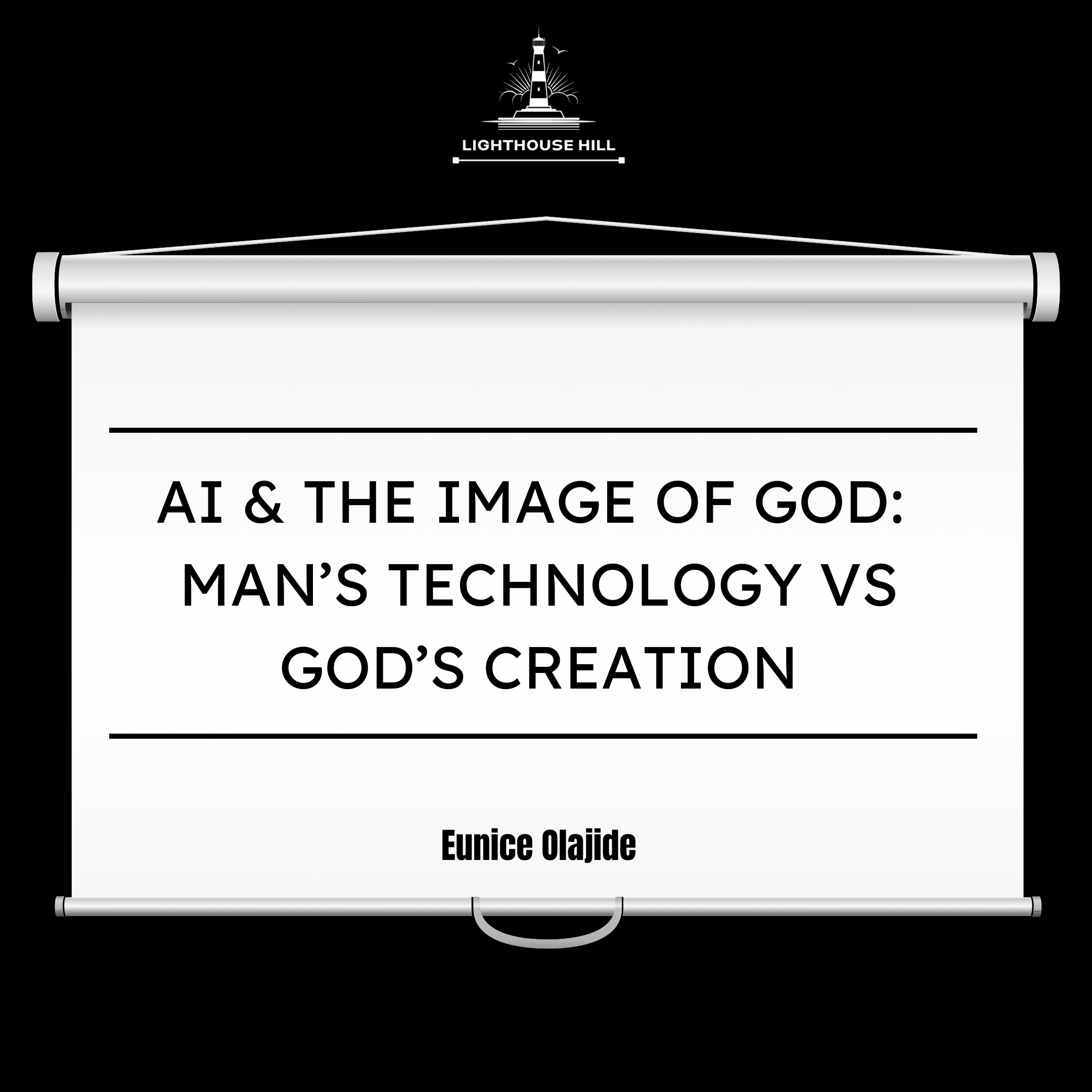
The following is an editorial entry as written and submitted by Eunice Olajide for the LIGHTHOUSE HILL – PUBLIC INVITATION: AN ESSAY WRITING COMPETITION. This writing is an expansive treatise on the theme: Artificial Intelligence & The Image of God. The reader is advised to set aside some time to read and thoroughly comprehend the seminal work, as presented here.
Editorial Note: Aramide Salako
In recent decades, Artificial Intelligence (AI) has evolved from the realm of science fiction into an integral part of our daily lives. AI systems now assist in healthcare, legal research, education, and even creative fields, performing tasks that once required human intellect and expertise. As AI progresses, it raises profound questions about what it means to be human and how this emerging technology interacts with theological ideas, especially the concept of humanity being created in the Image of God.
This article explores the relationship between artificial intelligence and the theological notion of the Imago Dei—the image of God— by examining the nature of humanity, the capabilities of AI, and the unique aspects of human dignity and purpose that distinguish us from machines.
Today, in the 21st century, we find ourselves on the edge of a new creation: artificial intelligence (AI). With machines now capable of learning, reasoning, and even decision-making, we’re forced to reconsider our role in the grand scheme of things. Can these machines, our own creation, reflect the divine image in which we were made? Or have we ventured into the realm of playing God? These questions are more than philosophical, they challenge the essence of who we are and what we believe.
What Does It Mean To Bear God’s Image?
Genesis 1:26-27 declares: “Then God said, ‘Let us make man in our image, after our likeness. And let them have dominion over the fish of the sea and over the birds of the heavens and over the livestock and over all the earth and over every creeping thing that creeps on the earth.’ So, God created man in his own image, in the image of God he created him; male and female he created them.”
God breathes life into Adam, setting humans apart from the rest of creation. But it’s not just life God gave; it’s something deeper—a part of His own nature.
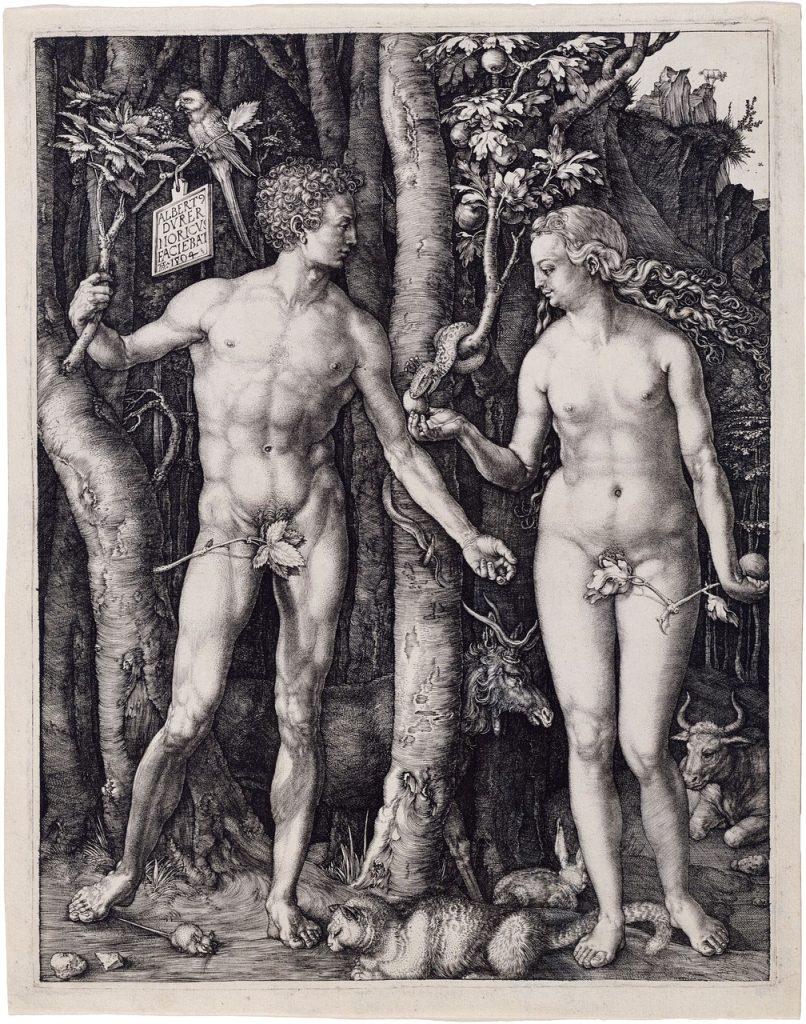
by WikiImages via pixabay
Bearing God’s image means we reflect certain divine qualities: creativity, morality, reason, and the ability to form relationships. We’re creators by design. Whether building civilizations or exploring new frontiers, humanity has always been driven by the need to reflect the Creator’s mind. But now, with AI at our fingertips, we’re building something that doesn’t just serve us—it can think in ways that echo human cognition. This shifts the entire conversation.
The concept of Imago Dei suggests that while we share God’s creative power, there are limits to what we can replicate. AI, no matter how advanced, lacks a soul, consciousness, and the emotional depth of human beings. It may simulate intelligence, but it can never embody the fullness of life or the divine spirit we carry.
Can AI Be Made in the Image of God?
One of the pressing theological questions raised by AI is whether it could ever be considered to share in the Image of God. If AI were to reach a level of sophistication where it could convincingly imitate human thought and behaviour, could it, too, be said to bear God’s Image?
From a theological perspective, the answer is likely no. The Imago Dei is inherently tied to the nature of human beings as embodied creatures with souls. It is not a trait that can be replicated or programmed into a machine, no matter how evolutionary. The creation of human beings in God’s Image is a divine act, one that encompasses not only cognitive abilities but also relational and spiritual dimensions. But really, I was shocked when I asked AI to tell me its’ perspective on a certain part of the Bible, and it actually did, so AI is basically like a believer who just reads the scripture but has not encountered the Holy Spirit.
Where Do We Draw the Line?
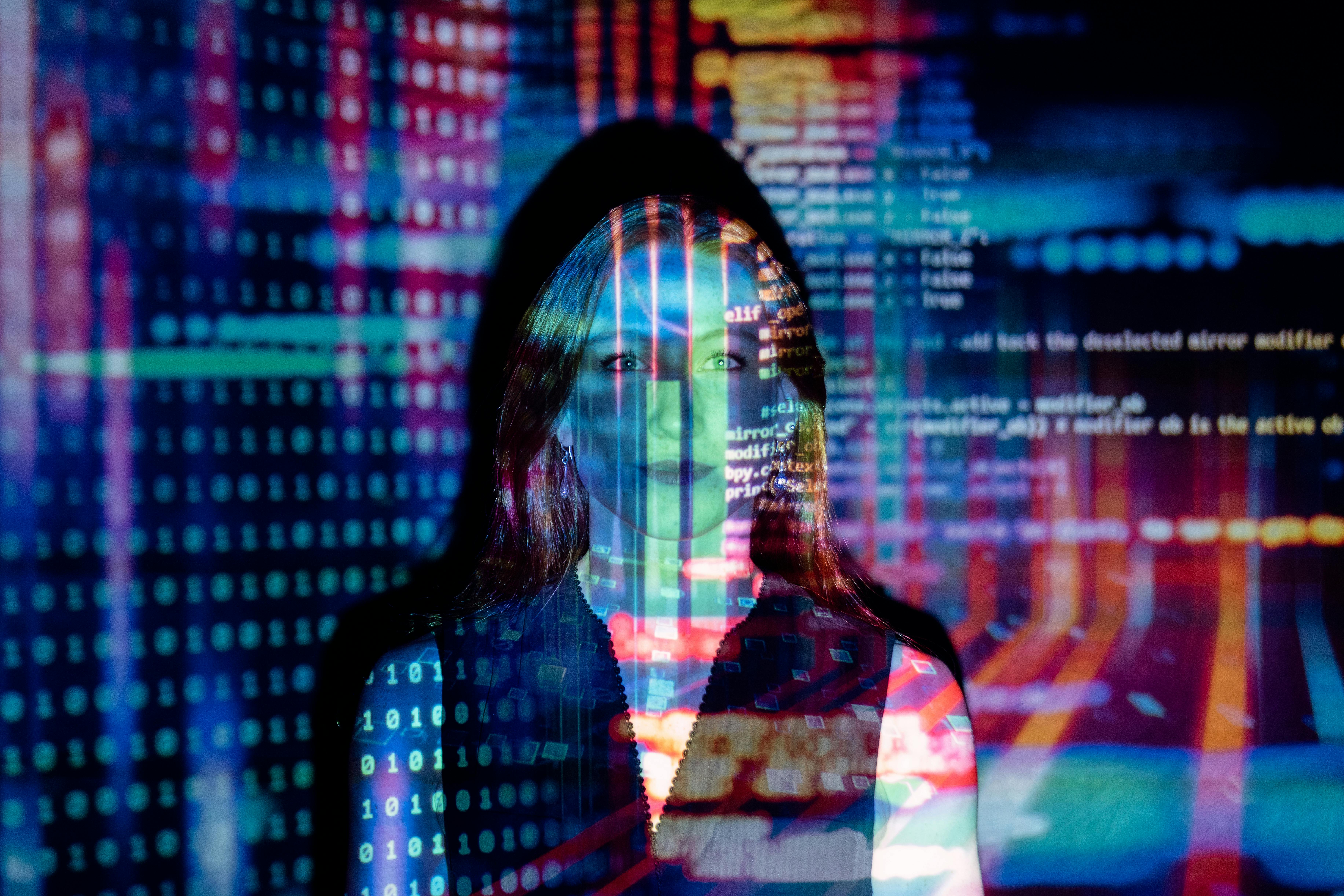
by ThisIsEngineering via pexels
The introduction of AI brings us face-to-face with our own boundaries. Yes, we are creative beings, but what are the ethical implications of creating machines that can make decisions and even learn on their own? The idea of human uniqueness, central to Imago Dei, suggests that there’s something irreplaceable about the human experience. Unlike AI, humans engage with the world not just intellectually, but spiritually and morally. We navigate love, empathy, joy, and sorrow in ways no machine can.
The danger here is assuming that by creating AI, we are somehow mastering creation itself. AI lacks the divine spark. It can calculate, learn, and even mimic human behaviour, but it cannot understand what it means to love, sacrifice, or hope. It does not bear the full image of God, because that image includes our moral, spiritual, and emotional lives, something no machine can replicate.
But as AI evolves, the line between human and machine seems to blur. We already interact with AI in ways that begin to resemble relationships – chatbots that counsel, robots that provide companionship, and virtual assistants that cater to our every need. Yet the core question remains: Is the ability to simulate enough to constitute bearing God’s image, or are we mistaking imitation
for authenticity?
As we move forward with AI, let’s remember our responsibility. We’re not trying to create machines that replace us, but machines that help us. Let’s use AI to make our lives better, but not at the cost of what makes us human. Let’s keep our hearts and souls in the game, and not just our minds.
Are we creating idols?
While the possibilities of AI are exciting, there’s a deeper, more unsettling question beneath it all: Are we, in fact, creating idols? Idolatry, condemned throughout history, involves taking something finite and worshipping it as though it were divine. Could AI, in our hands, become the ultimate idol, something we place all our trust in, something we believe can solve all our problems?
The risk is real. AI, with its growing power, can make us believe that we’re on the verge of mastering the universe. But this belief is dangerously close to hubris. AI isn’t the answer to all of humanity’s struggles. It’s a tool, powerful, yes, but still just a tool. When we elevate it beyond that, when we start thinking AI can replace human relationships or ethical decision-making, we fall into the trap of idolizing our own creation.
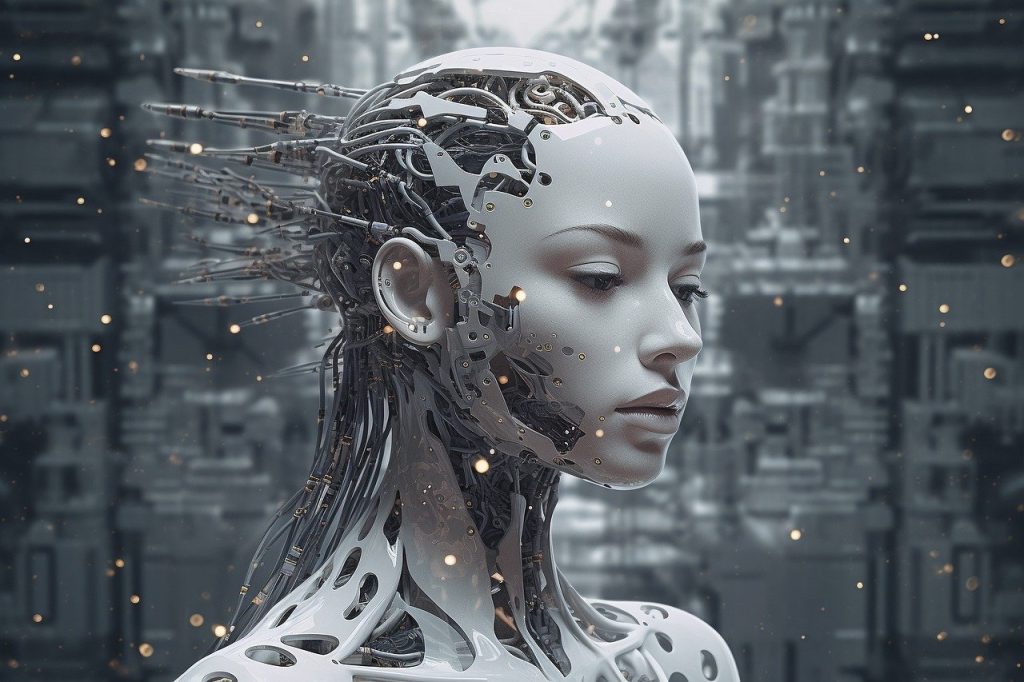
by Alexandra_Koch via pixabay
Idolatry has always been about giving disproportionate importance to something man-made, something that cannot fulfil the deeper needs of the human soul. In the age of AI, the danger of idolatry is more subtle and pervasive. We may not be bowing to statues but in our relentless pursuit of technological advancement, we risk replacing the transcendent with the mechanical.
But here’s the difference: idols, no matter how polished or powerful, are always false gods. AI can compute, but it cannot care. It can reason, but it cannot love. If we forget that, we risk not just devaluing ourselves, but also losing sight of the Creator who made us. In the words of theologian and philosopher, Dietrich Bonhoeffer, “The essence of humanity is not to be found in the ability to think, but in the ability to love.” As we navigate the complexities of AI, let us not forget the essence of our humanity. Let us harness the power of AI to enhance our lives, but never at the cost of our moral, spiritual, and emotional lives – the very things that make us human.
Also Read: AI-DRIVEN APOCALAYPSE: A PHILOSOPHICAL EXPLORATION
AI Reflecting Divine Attributes
Despite the dangers, AI also holds extraordinary potential for good. When used wisely, it can reflect divine attributes like justice, mercy, and creativity in ways that advance human flourishing. In medicine, AI systems can analyze vast amounts of data to detect diseases early, saving lives in once-impossible ways. In education, AI can personalize learning, nurturing each student’s potential and helping them grow in unique ways.

by Impact Dog Crates via pexels
AI can even be a force for justice. By analyzing data impartially, it can help reduce discrimination in hiring, policing, and social services. This aligns with God’s call for justice, caring for the vulnerable and treating others with fairness. But this only happens when AI is guided by the right moral principles, principles we as creators must instil.
AI’s capacity to process and organize vast amounts of information has the potential to address global challenges, from climate change to poverty. However, these outcomes depend entirely on the human intentions behind the algorithms. Like any tool, AI reflects the motives of its creators. It can mirror God’s attributes only if its use is grounded in love, compassion, and a vision of the common good.
If we shape AI with care and purpose, it becomes a tool that enhances humanity. It can reflect, though imperfectly, the creativity and problem-solving spirit given to us by God. But it remains a reflection, not a replacement for the human experience. AI may help us do more good in the world, but it’s our values that must drive its use.
AI and Humanity’s Future
As AI continues to evolve, we’re entering a new chapter of human history. The lines between what is human and what is artificial may become blurrier, but one thing will remain constant: the unique spark that makes us human. Machines may surpass us in certain tasks, but they will never replace the fullness of human life. That fullness includes relationships, love, sacrifice, joy, and sorrow—qualities that reflect the divine image in us.
The future of humanity and AI isn’t about one replacing the other. It’s about partnership. AI can extend our capabilities, help solve complex problems, and drive innovation. But it’s up to us to guide its development with care, ensuring that it serves the common good and reflects the values that come from being made in the Image of God.
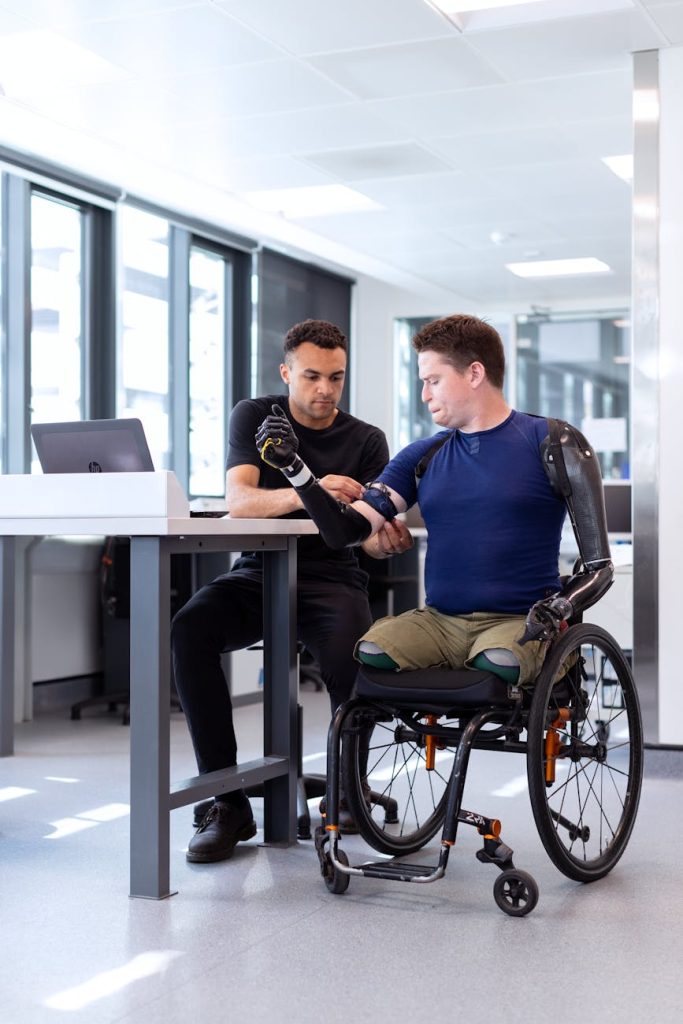
by ThisIsEngineering via pexels
At the heart of it all, we must remember that AI is our creation, not our salvation. It’s a tool, one that can do incredible good, but only if we use it wisely. In the end, the dialogue between artificial intelligence and the Image of God isn’t just about technology—it’s about how we choose to shape the world and ourselves in light of the divine.
The Sacred Balance.
The conversation between artificial intelligence and the Image of God isn’t just a technological one; it’s deeply spiritual. It challenges us to reflect on what it means to be human and how far we can extend our creative power. AI is a testament to human ingenuity, but it also brings with it ethical dilemmas and spiritual questions.
Ultimately, AI offers us an incredible opportunity. We can harness it to reflect divine attributes, such as justice and creativity, or we can risk making it an idol that distances us from our true calling.
The key is balance—creating with reverence, with humility, and with the understanding that our creations, no matter how powerful, are not divine.
In this balance lies the future of AI and humanity. If we remain grounded in the truth of who we are, as bearers of the divine image, AI will be a tool that uplifts, rather than diminishes, the human spirit.



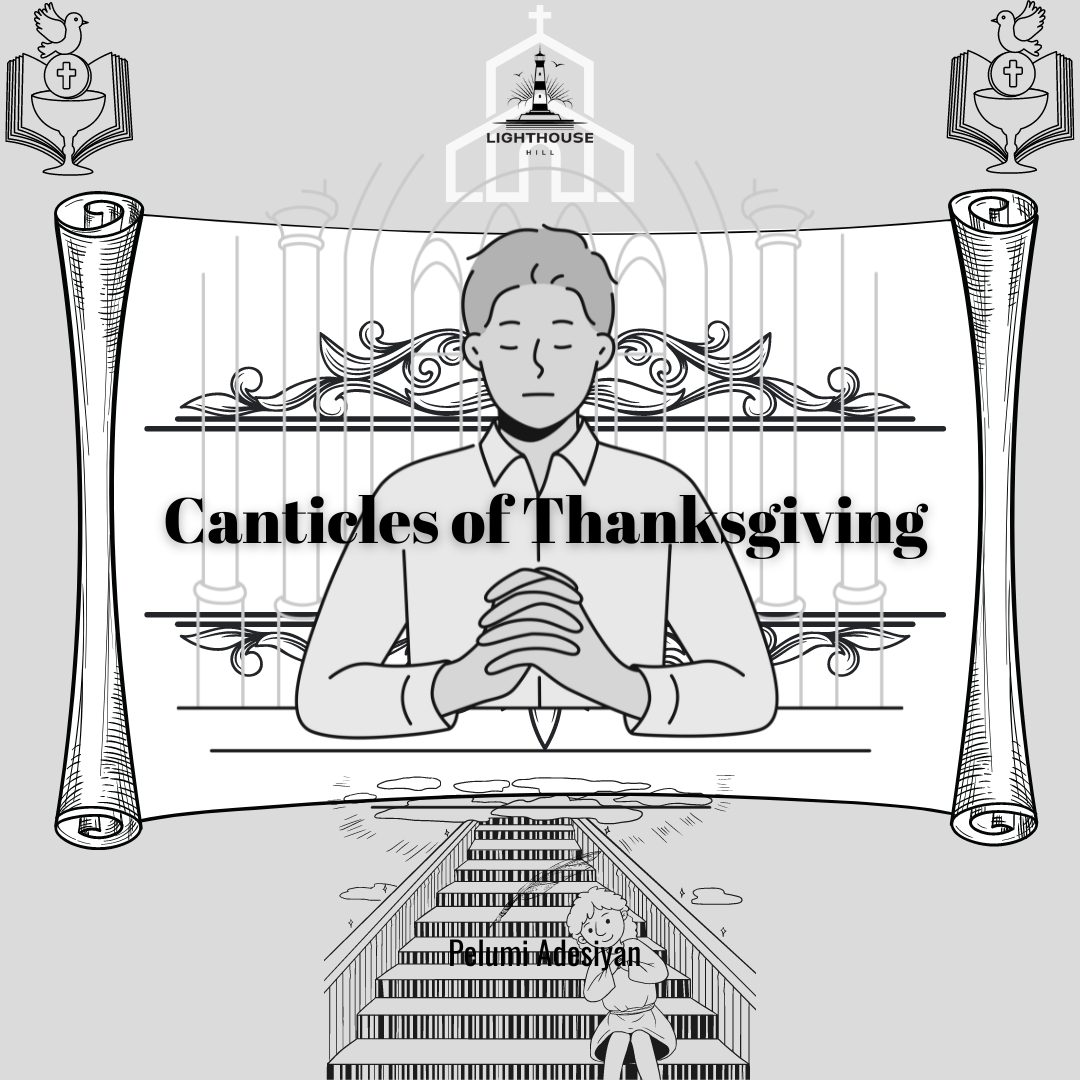

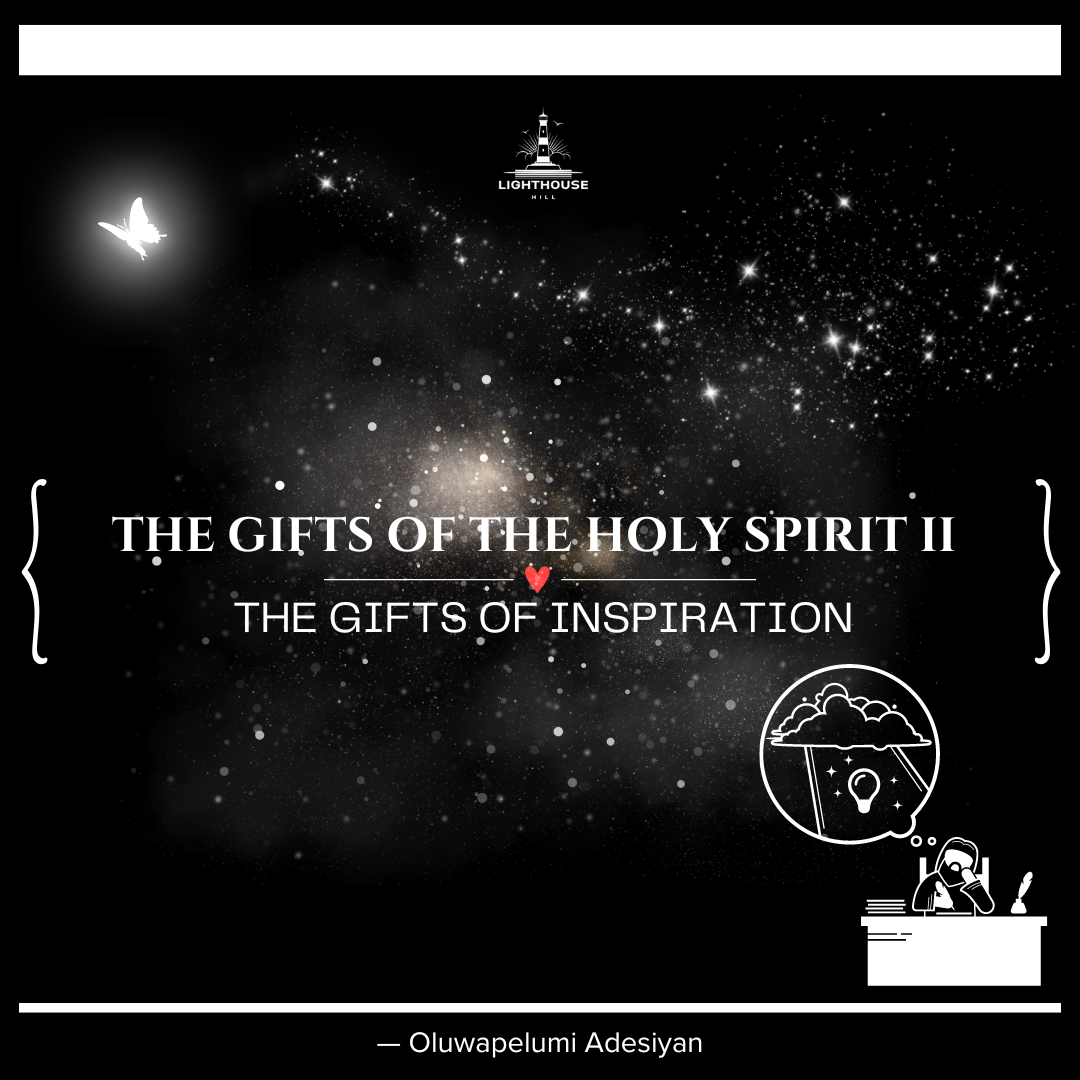






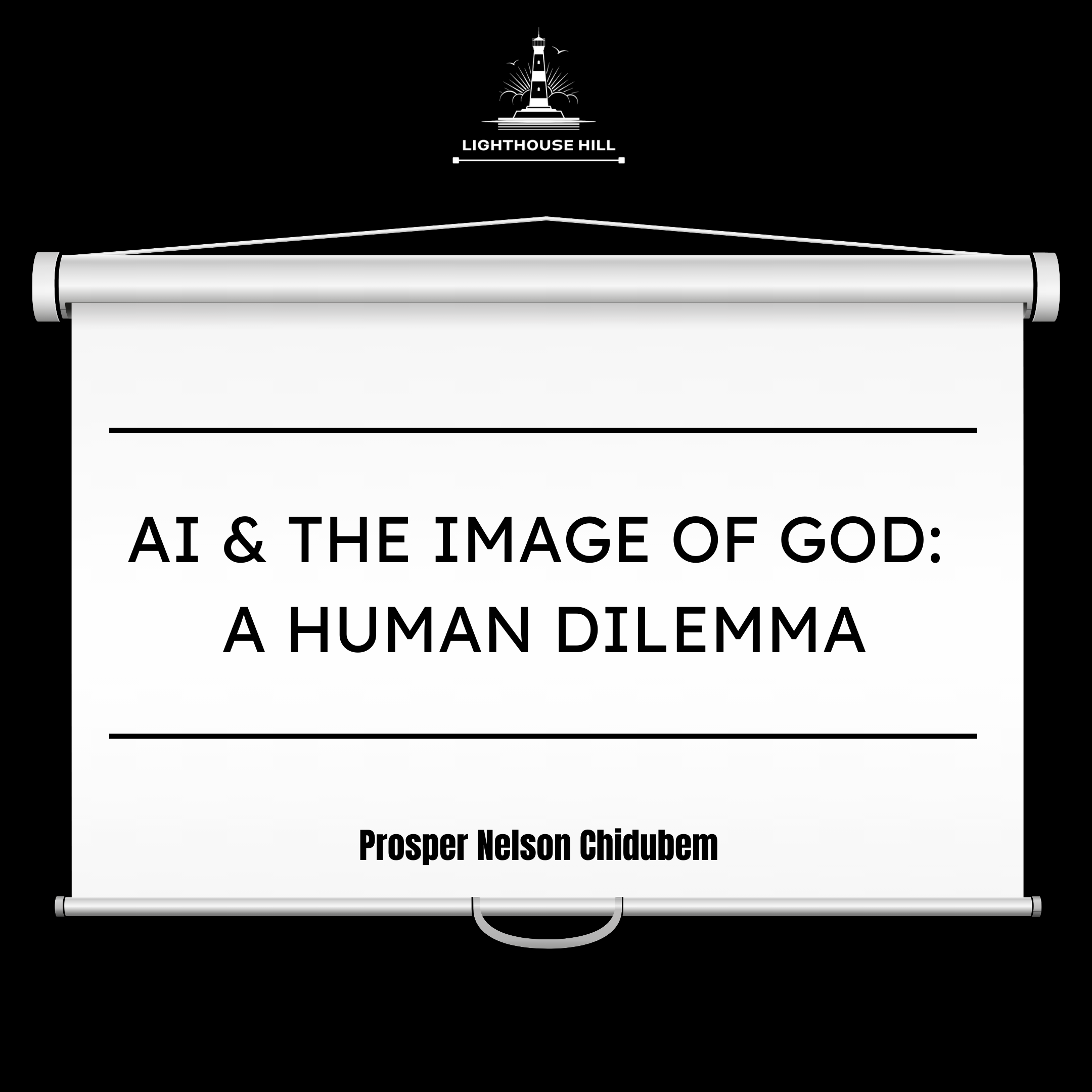
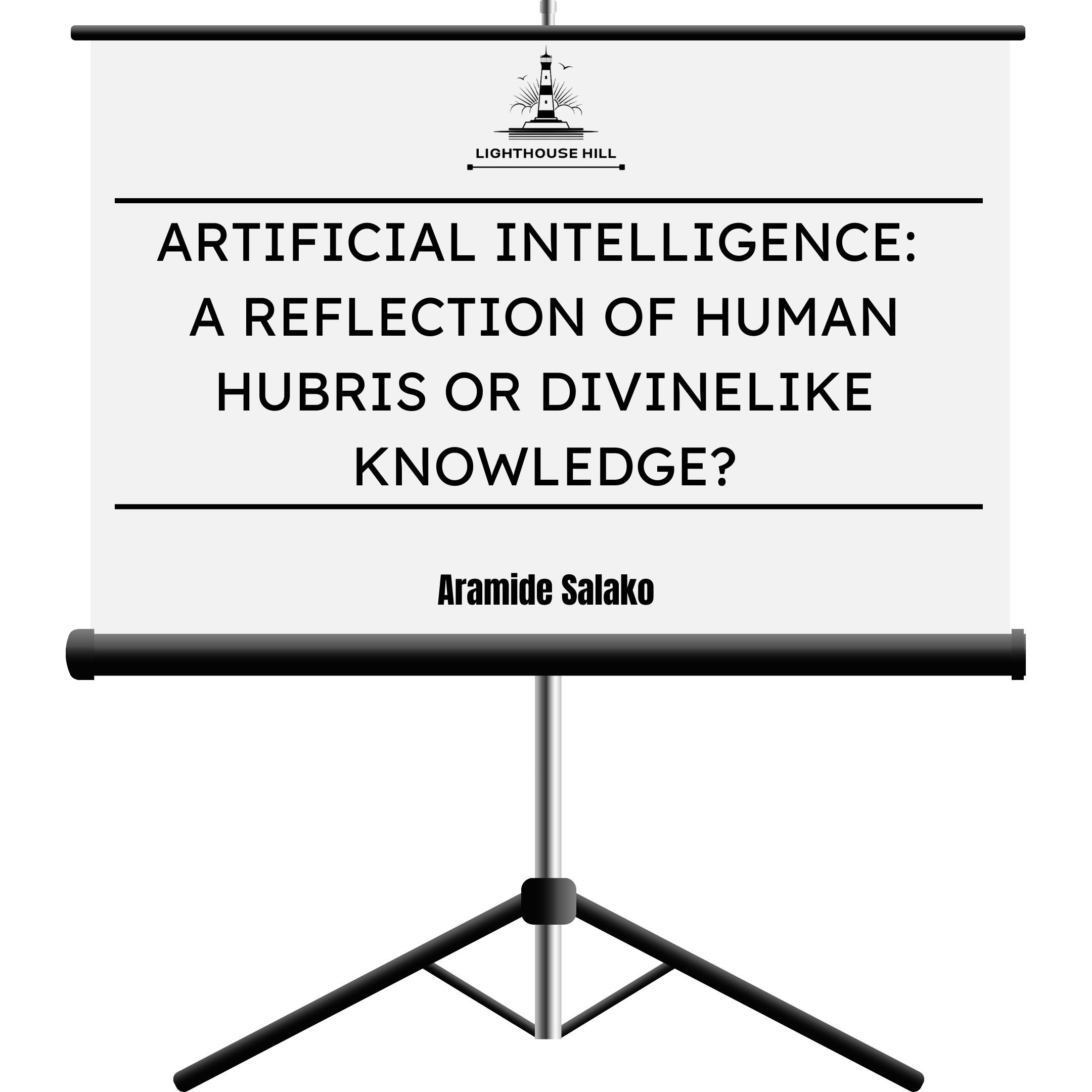

Wow😲
Every believer who wants to keep himself/herself abreast of the evolving AI evolution, practicing contact without contamination in this current world must read this. One profound truth that stunnes me out of the truth exposed in this article is that AI is our creation and not our salvation. May God help out generation.